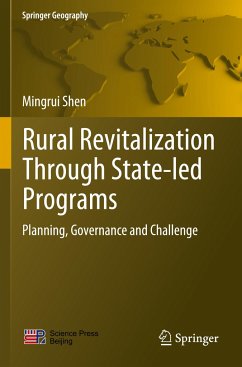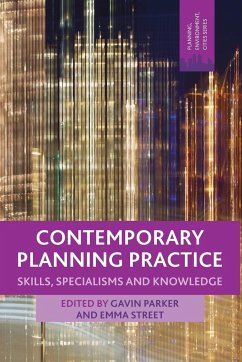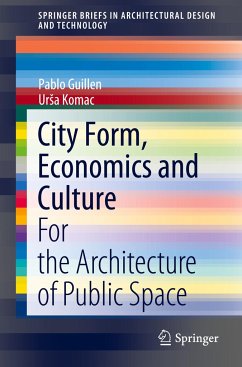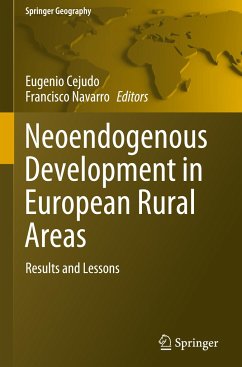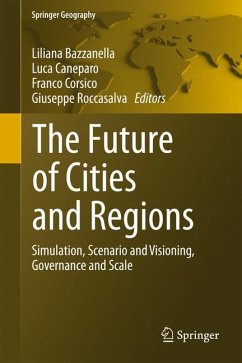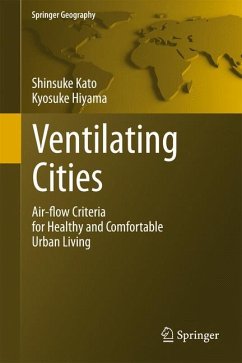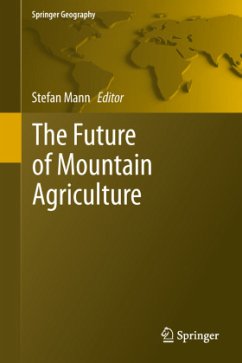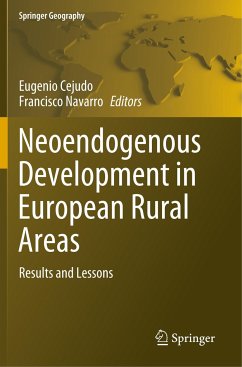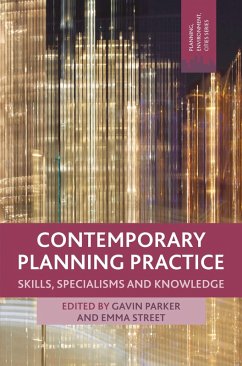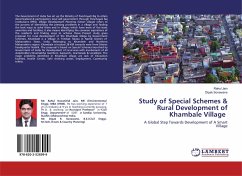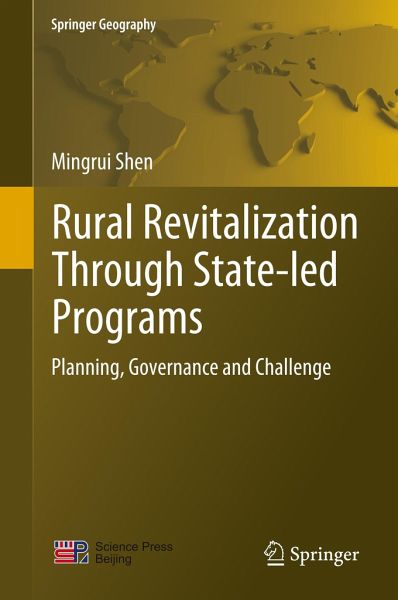
Rural Revitalization Through State-led Programs
Planning, Governance and Challenge
Versandkostenfrei!
Versandfertig in 6-10 Tagen
76,99 €
inkl. MwSt.
Weitere Ausgaben:

PAYBACK Punkte
38 °P sammeln!
This book seeks to unravel the changes in rural governance sparked by state-led programs, evaluate the programs' implementation, and refine the interpretation of governance theory with new empirical material from rural China. When it comes to rural issues in contemporary China, there is no shortage of national strategies: from "Coordinating Urban-Rural Development" in 2003 to "Rural Revitalization" in 2017, the rejuvenation of the countryside has attracted unprecedented policy interest. At the same time, rural governance has been subject to significant political, social and economic changes. H...
This book seeks to unravel the changes in rural governance sparked by state-led programs, evaluate the programs' implementation, and refine the interpretation of governance theory with new empirical material from rural China. When it comes to rural issues in contemporary China, there is no shortage of national strategies: from "Coordinating Urban-Rural Development" in 2003 to "Rural Revitalization" in 2017, the rejuvenation of the countryside has attracted unprecedented policy interest. At the same time, rural governance has been subject to significant political, social and economic changes. However, comparatively little research has been conducted on the phenomenal reconnection between the state and rural society, and our previous understanding of rural governance is no longer adequate.
As a result of the programs, a new model of governance is now emerging in rural China. The programs have accelerated the formation of state-private-farmer partnerships, while also promoting the participation of grassroots society in rural reconstruction. In the initial stage, the state's role is important to securing non-governmental sectors' engagement. However, this does not mean that the model guarantees sustainable governance: in terms of land tenure reform, infrastructure investment, and subsidies, the programs merely empower farmers and other stakeholders to engage in rural reconstruction. The success of these reconstruction efforts ultimately depends on a suitable pricing mechanism for public goods provision, as well as the self-organization of grassroots society.
As a result of the programs, a new model of governance is now emerging in rural China. The programs have accelerated the formation of state-private-farmer partnerships, while also promoting the participation of grassroots society in rural reconstruction. In the initial stage, the state's role is important to securing non-governmental sectors' engagement. However, this does not mean that the model guarantees sustainable governance: in terms of land tenure reform, infrastructure investment, and subsidies, the programs merely empower farmers and other stakeholders to engage in rural reconstruction. The success of these reconstruction efforts ultimately depends on a suitable pricing mechanism for public goods provision, as well as the self-organization of grassroots society.



